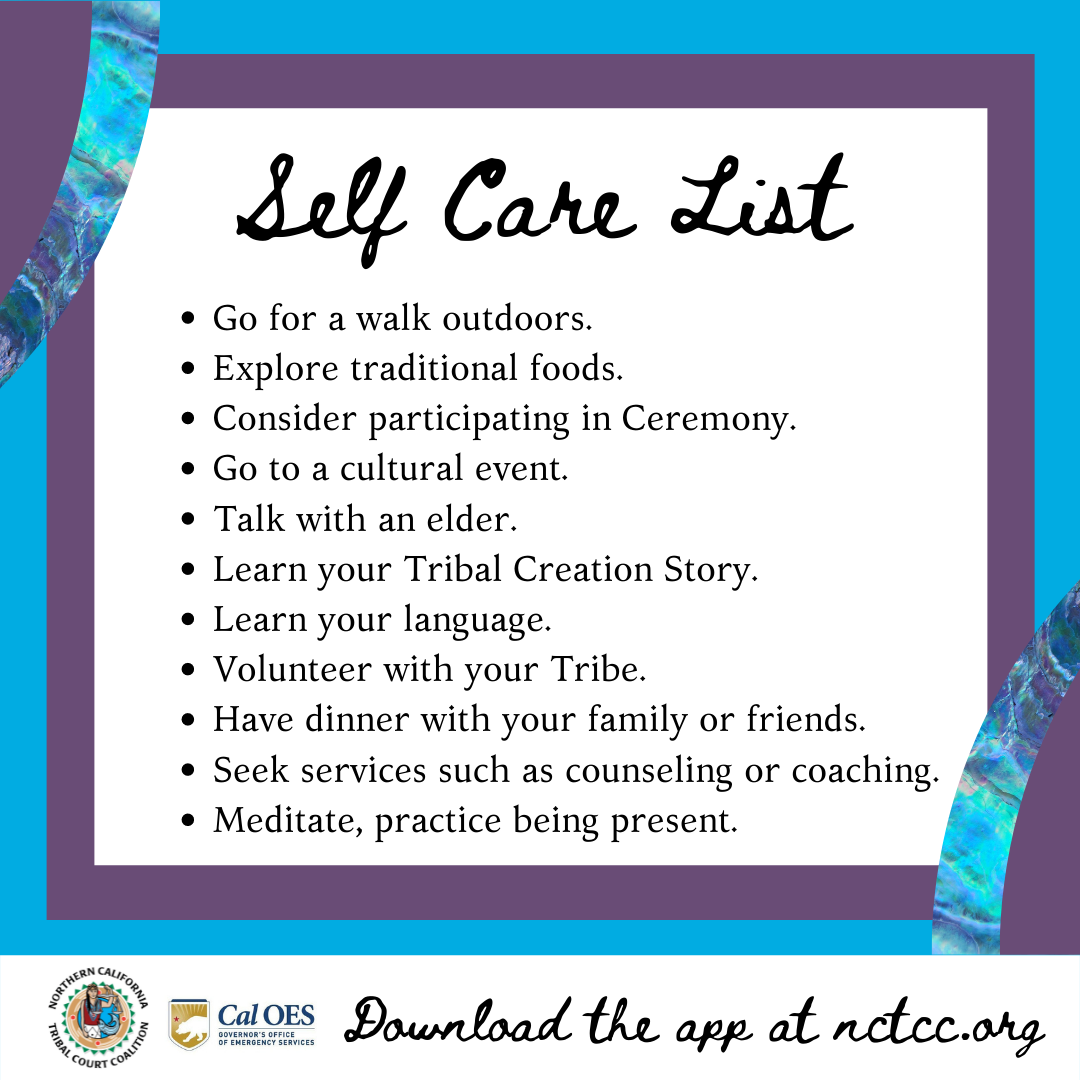Social, Physical, and Emotional Benefits of Unplugging From Social Media
Since the dawn of the internet studies have occurred around the world on the psychological effects of social media on internet users. Overwhelming evidence has shown that overuse of the internet can cause an increased risk of depression, anxiety, loneliness, sleep deprivation, and self esteem issues. This problem becomes more complex when taking into account the use of the internet and social media use for remote work and online education. Many of us rely on the internet to work from home, attend online classes, and keep in touch with our family and friends. While Zoom fatigue is real, let’s start with non-work related social media use.
Social media, for many, is a way to spend spare time socializing with friends, family, and a wide range of communities. For some, however, it presents an opportunity for addictive behavior. When social media user begins to depend on it to feel good at the expense of other aspects of their life, we should consider the possibility of an addictive cycle being established.
“Historical Trauma” is a term conceived by Maria Yellow Horse Braveheart, a Hunkpapa/Oglala Lakota social worker and mental health expert. Initially, Braveheart introduced the term Indigenous Historical Trauma (IHT) in order to describe an intergenerational trauma of colonization and modern systemic racism passed down from one generation to the next generation of Native Americans. Researchers apply the term to other marginalized populations as well. IHT is often associated with Post Traumatic Stress Disorder (PTSD). Disassociation is a symptom of PTSD. It is the author’s opinion that social media use can be one way to disassociate and Native American populations may be more susceptible to Social Media Addiction due to IHT coping mechanisms. While balance is key to addressing most problems in the world, there are many benefits to taking an extended vacation from social media.
The benefits of unplugging include increased focus and presence. This can bring us back to our human experience. Familial, social, educational, mental, physical, and spiritual health all need to be nourished on a regular basis for holistic wellness.
Familial and social wellness: We all need human connection to learn and grow. Honoring our family with food and conversation is important to nourish those who nourish us. Family meals, spending time with friends, building relationships with educational peers, gathering traditional foods with family and friends are great ways of being present with cultural lifeways.
Mental & spiritual wellness: academic pursuits, professional development, starting a food garden, participating in ceremony, and walking in nature are examples of connecting with the human experience to be present with one’s environment. Grounding exercises can be excellent techniques to mitigate anxiety, stress, and trauma associated with IHT and PTSD.
Physical wellness: By decreasing or breaking from social media use one can prioritize quality time for exercise, lessen eye strain, encounter fewer headaches, and improve their sleep. According to neuropsychology experts, REM sleep is how one processes traumatic memories and anxieties that are trapped in the limbic (threat system) part of the brain and transfers them into somatic memory networks (long term memory system) part of the brain helping to neutralize triggers.
If you are escaping from the human experience intentionally, you may need to ask yourself why you need to disassociate. This may also be a time to plan ways to reconnect with the present.
To visit the Self Care Section of the NCTCC App, download the NCTCC Victim Service Mobile Application at nctcc.org/nctcc-app or search for “nctcc” in the Google Play or Apple Store.

